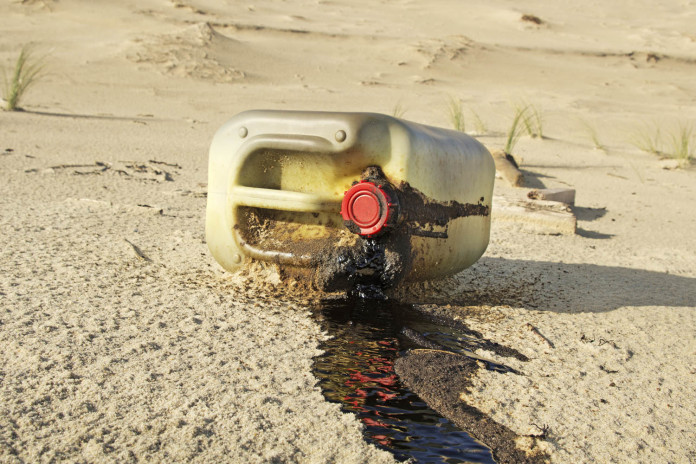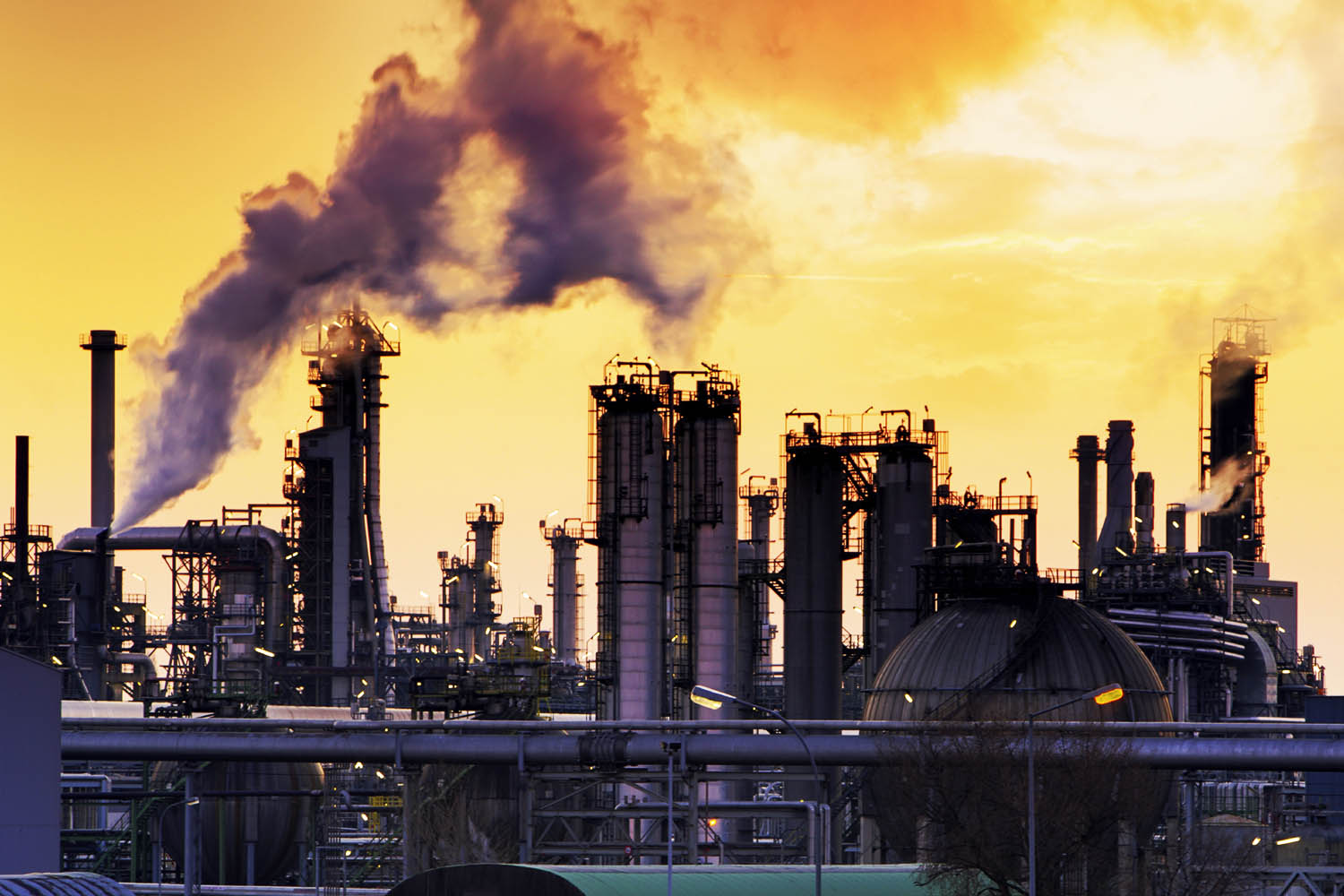
A recent study by the University of Georgia reveals that chemical dispersants did not succeed in removing contaminants in the BP oil spill area. Five years ago, the news were laden with the BP oil spill off of the Gulf of Mexico, which led to the disappearance of 11 crew men and irreversible damage to aquatic life in the surrounding area. Almost 210 million gallons of liquid petroleum hydrocarbon was accidentally spilled onto the water for a period of 87 days.

Study Reveals BP Oil Spill Was Not Thorough Enough
The spill was contained by July of the same year,and 1.84 million gallons of Corexit oil dispersant were sprayed from plans above the damaged areas, but it has been proven that it was futile. As it turns out, instead of making the petroleum pollutants biodegradable, it only removed the oil from the water’s surface.
The study reconstructed the BP oil spill in order to verify the efficiency of the decontaminant, and they determined that it was actually deeper sea bacteria activity that helped reduce the damage caused by the BP oil spill. The full findings are published in the journal PNAS, and that the contaminants simply sank to the bottom of the Gulf of Mexico.
This reveals carelessness from the part of the team that took are of the cleanup, who refused to acknowledge the effect of harmful microbes and bacteria on the BP oil spill, which BP agreed to pay $18.7 billion over the period of 18 years to amend.

















